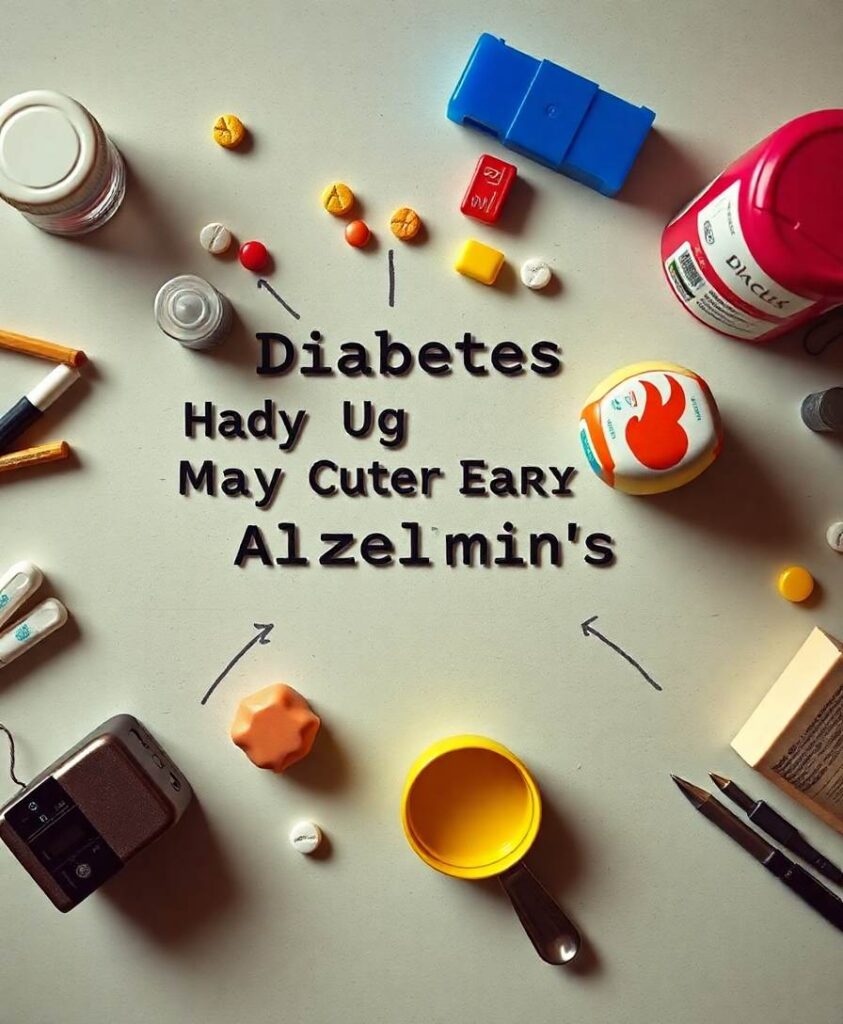Data scientists have created an artificial intelligence model that may more accurately predict which existing medicines, not currently classified as harmful, may in fact lead to congenital disabilities. The model, or ‘knowledge graph,’ also has the potential to predict the involvement of pre-clinical compounds that may harm the developing fetus. The study is the first known of its kind to use knowledge graphs to integrate various data types to investigate the causes of congenital disabilities.



